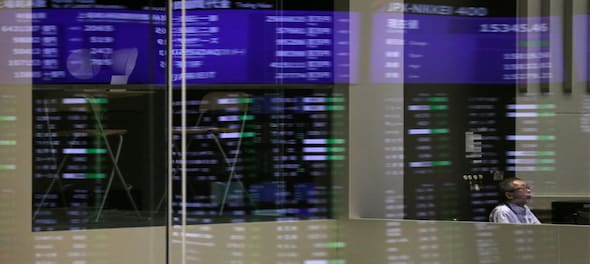
Among the many indicators that retail investors consider when putting their money in a company is the percentage of shares held by institutional investors, such as insurance companies, pension funds, mutual funds endowment trusts and banks.
One of the thumb rules of stock market investment is that the higher the stake held by institutional investors in a company, the better the corporate governance standards.
And it is not just institutional investors’ moves that retail investors track closely; they also see investments by reputed high net worth individuals as a vote of confidence in the company’s fundamentals and the management’s abilities.
Here are some of the commonly asked questions related to institutional investor shareholdings:
Why do retail investors track stakes held by institutional investors in a company?
Institutional investors are considered to be the ‘smart money’ in the market because they are seen to bet their money on a company only after having done the necessary research and analysis. Because they have deep pockets, institutional investors are in a position to spend money on research before picking up a sizeable stake in the company.
So most retail investors look at institutional stakes in this way: “Well, if the big boys are staking a lot of money on it, they must know what they are getting into.”
Also, institutional investors usually take a long-term view on a stock. So their presence is viewed as validation of the long-term prospects of the company.
Is every investment decision by fund houses carefully researched?
Safe to say that a vast majority of the investment decisions are. After all, the fund managers are answerable to their managements, as well as to their investors. But there are instances when fund managers pick up stakes not based on the fundamentals of the company, but because they have an arrangement with the promoter or the market operator who is pumping up the stock.
Whose presence carries more weight—foreign investors or domestic mutual funds?
Usually, it the foreign investors (known in market parlance as foreign portfolio investors or FPIs) who are seen as having deeper pockets and more staying power. But the track record of the FPI matters. Many times the so-called FPI is nothing but an investment vehicle registered in a tax haven and used for routing the promoters’ unaccounted money abroad back into India. There are instances of even reputed foreign fund houses creating investment vehicles for market operators and promoters. So it may seem like a foreign fund is investing in the company, but the money could well be domestic.
How does one figure out if there is genuine FPI interest in a company?
If there are multiple FPIs holding stakes in a company, and it happens to be a mix of reputed funds and little-known funds, it usually indicates a genuine interest in a company. But if there are only little-known foreign funds holding a sizeable stake, it does look suspicious.
Is high institutional investor holding in a company a good thing?
If the majority of those investors have a good track record and reputation, it is a good thing. But remember, a very high percentage of institutional holdings can be a double-edged sword. When institutional investors hold a sizeable chunk of a company’s shares, the stock is said to be ‘over-owned’ in market parlance. If something goes wrong with the company, or the stock market as a whole, too many fund managers will rush for the exit at the same time. That could cause aggravate the fall in stock price.
(Edited by : Ajay Vaishnav)
Check out our in-depth Market Coverage, Business News & get real-time Stock Market Updates on CNBC-TV18. Also, Watch our channels CNBC-TV18, CNBC Awaaz and CNBC Bajar Live on-the-go!


Karnal Lok Sabha seat: BJP's Manohar Lal Khattar faces tough fight amid farmer discontent
May 23, 2024 9:47 PM
What is Form 17C—the clause in debate over disclosure of voter turnout data
May 23, 2024 9:19 PM
Lok Sabha elections 2024: All you need to know about sixth phase
May 23, 2024 4:50 PM

